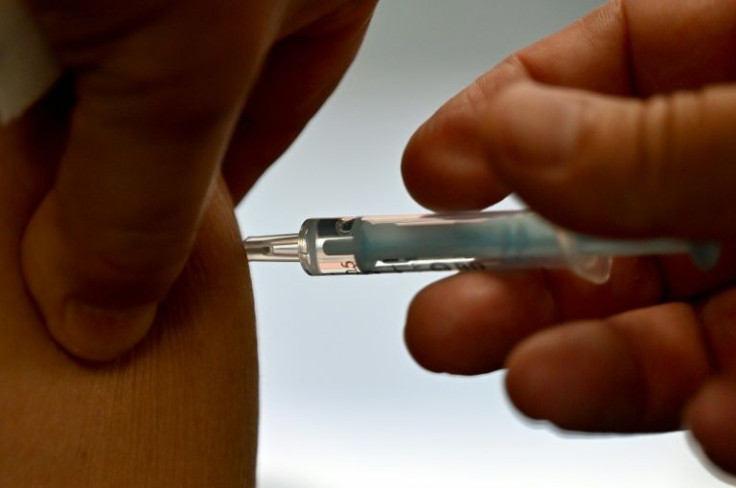Multiple Boosters May Not Offer A COVID Solution As EU Warns Of Immune System Risks
As health officials wrestle with the idea of needing another COVID shot amid the surge in Omicron cases, EU regulators have warned that administering a booster to combat the virus frequently could prove to have adverse effects on the immune system.
Earlier this month, the Centers for Disease Control and Prevention reduced the timeframe to receive a booster dose from six months to five months for Pfizer and Moderna COVID vaccine recipients.
Israel has started to dole out a second booster, or fourth dose, to individuals over the age of 60 earlier this month, while the U.K. has said that boosters provide solid protection against COVID-19, but it doesn’t see a need for a second shot at this time, Bloomberg reported.
According to the European Medicines Agency, which Europe relies on for authorization of vaccines and other COVID treatments, repeating booster doses every four months could eventually weaken the immune system, which could lead to overloading the system and fatiguing people, Bloomberg said.
Marco Cavaleri, the European Medicines Agency head of biological health threats and vaccines strategy, said at a press briefing on Tuesday, boosters “can be done once, or maybe twice, but it’s not something that we can think should be repeated constantly. We need to think about how we can transition from the current pandemic setting to a more endemic setting.”
Cavaleri also said that there is no data available that supports administering frequent booster doses, Irish news outlet the Independent.ie reported.
He continued by saying that more data is needed on the impact of the Omicron variant on current COVID vaccines and a better understanding is required on the current wave of the pandemic to determine if an Omicron-specific vaccine is necessary.
“It is important that there is a good discussion around the choice of the composition of the vaccine to make sure that we have a strategy that is not just reactive...and try to come up with an approach that will be suitable in order to prevent a future variant,” Cavaleri said.
The EMA recommends leaving more time in-between booster shots, linking them to the cold season in each region set by the influenza vaccination strategies, Bloomberg said.
The agency said during Tuesday’s press briefing that the soonest it would approve a COVID vaccine to combat the Omicron variant would be in April.
Pfizer CEO Albert Bourla told CNBC’s “Squawk Box” on Monday that the drugmaker expects to have a COVID vaccine targeting the Omicron variant and other circulating variants ready by March.
Moderna CEO Stephane Bancel also told CNBC on Monday that the company is targeting a fall release for a booster shot that is effective against Omicron.

© Copyright IBTimes 2024. All rights reserved.




















